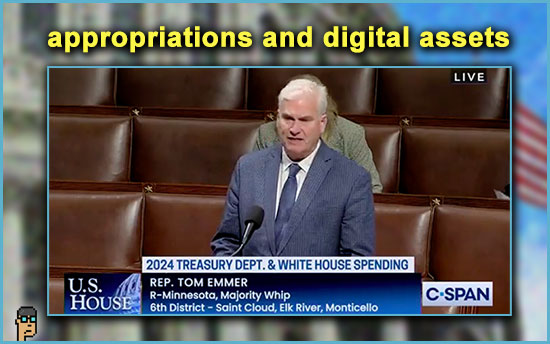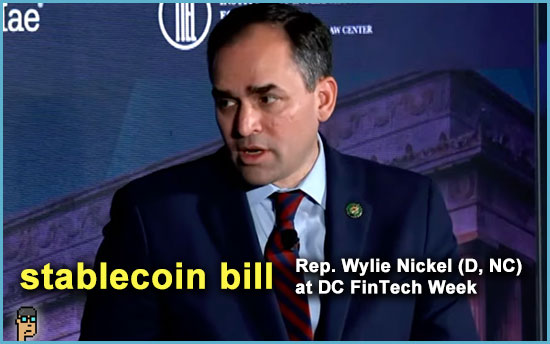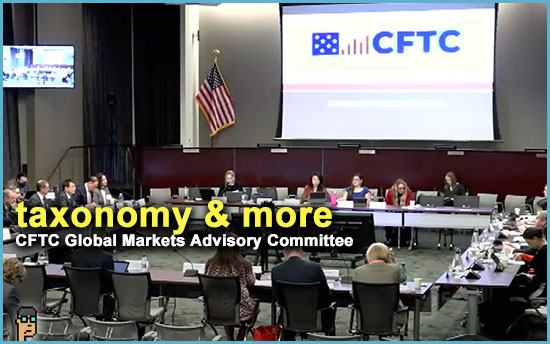digital assets tax
Yesterday’s IRS public hearing titled, “Gross Proceeds and Basis Reporting by Brokers and Determination of Amount Realized and Basis for Digital Asset Transactions,” on its proposed digital asset tax rules lasted two hours and featured 12 witnesses who each offered 10-minute presentations on their views.
The hearing was lead by counsel from the IRS and attorneys with Treasury’s Office of Tax Policy.
11 of the 12 participating witnesses were decidedly critical of the proposed digital asset rules.
The complete hearing transcript is here.
Shehan Chandrasekera, head of tax strategy at CoinTracker, was among the witnesses and distilled his views on the proposed rules on X, “If implemented as proposed, the broker regulations will likely generate a significant amount of incomplete and inaccurate data for all stakeholders in the chain. That includes brokers, the IRS, and taxpayers. And, we are very concerned about this. We have recommendations to solve this issue and enhance traditional information reporting. Read Cointracker’s comment letter.
Marisa Tashman Coppel, senior counsel at Blockchain Association, prefaced her testimony on X saying, “The Proposal exceeds Treasury’s statutory authority, is overbroad and vague, and violates the APA and the Constitution – including the 1st, 4th, and 5th Amendments.” Read her tweet thread. Also, read Blockchain Association’s 39-page comment here (PDF).
One unique area impacted by the rules are collectibles known as non-fungible tokens (NFTs). NFT marketplace OpenSea participated in the hearing and represented not only its own interests but that of artists and collectors. On the teleconference, OpenSea general counsel Gina Moon discussed the IRS’ digital assets tax proposal and how it doesn’t work with her company’s platform. “Collectibles are not representations of value though it may have value,” she began. Read her company’s 16-page comment here. In addition to addressing the proposed rules, there’s a condensed discussion of the NFT market and how it works.
more tips:
“The IRS Should Heed This Warning – Devs are not brokers” – Bill Hughes, counsel at Consensys, on CoinDesk
what you should know: Unlike Congressional hearings, this one felt devoid of politics in spite of the fact Treasury is run by Secretary Janet Yellen, an appointee of the Biden Administration. The IRS’ tone was one of learning and appreciation for testimony. At least yesterday it was. Continue reading “Digital Assets Tax Proposal Hearing Gets Critical Feedback; Senate Banking And Prudential Regulators”








